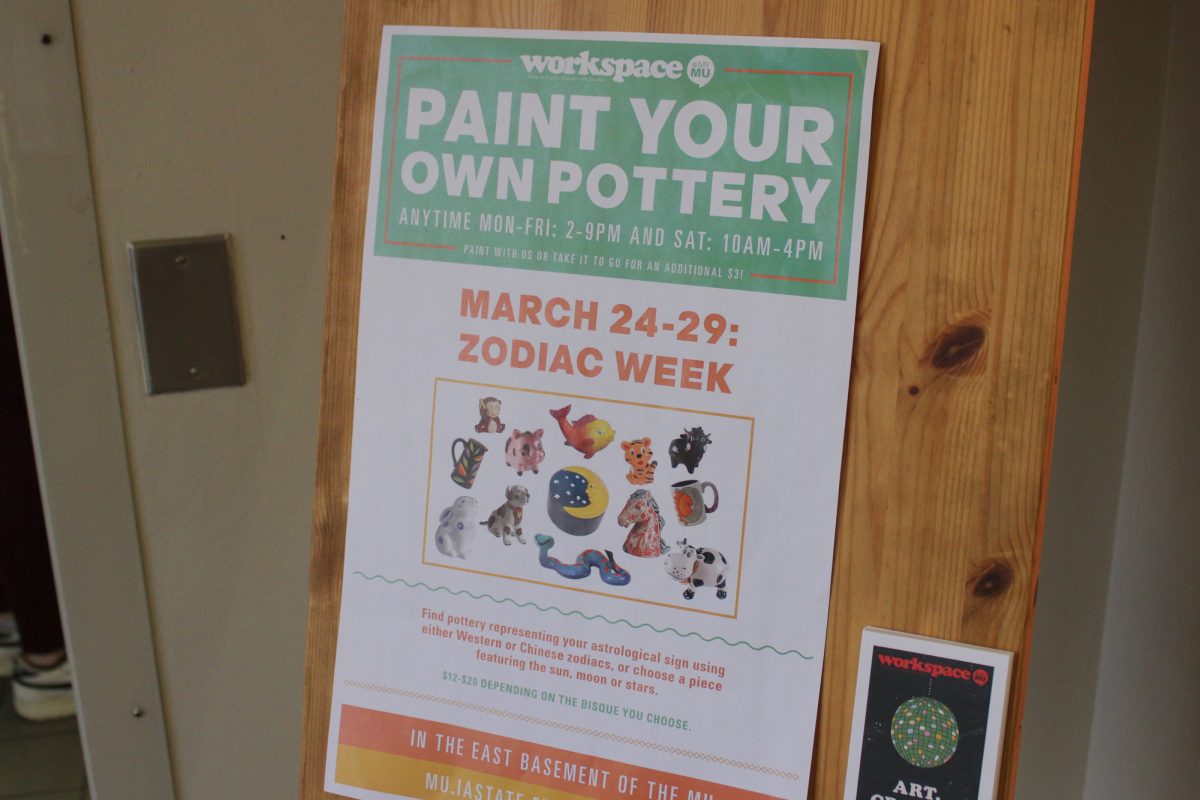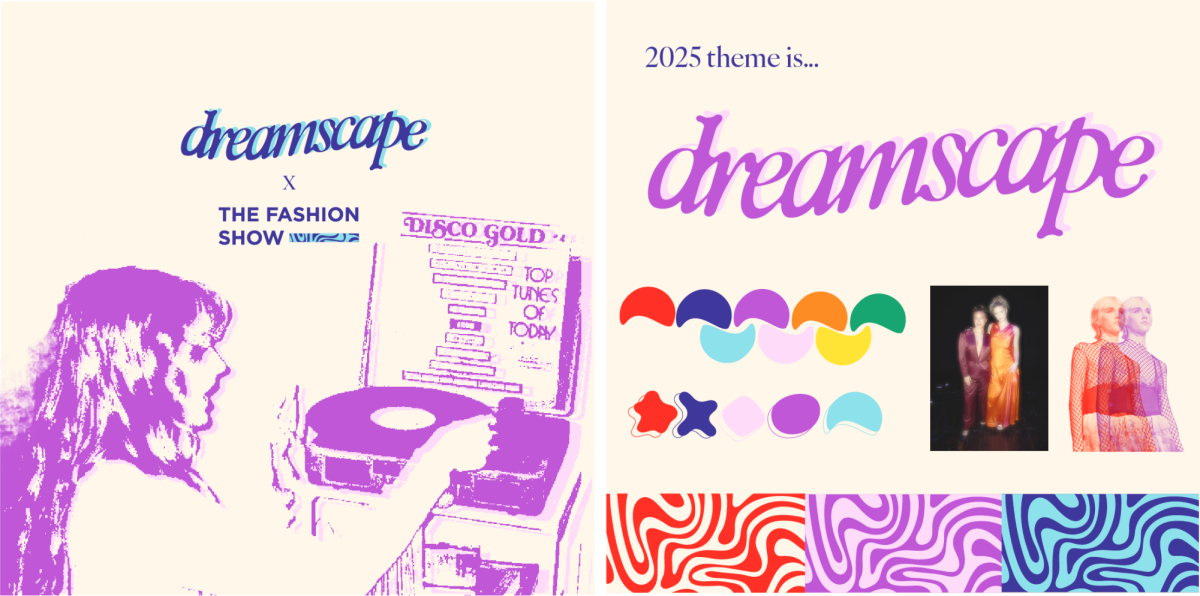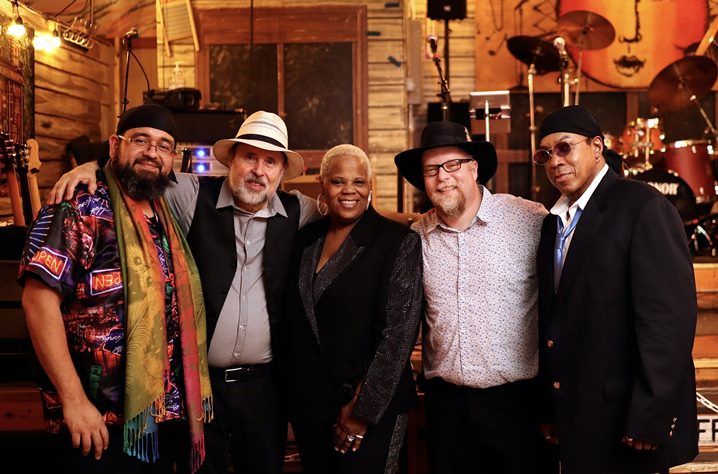Co-founder of Rolling Stone, Jann Wenner, released “The Masters: Conversations with Dylan, Lennon, Jagger, Townshend, Garcia, Bono, and Springsteen,” making critics and music lovers alike wonder why the magazine known for its coverage of music such as rock n’ roll, pop culture and politics, believes that the most influential musicians are exclusively white men.
On Sep. 26, Wenner released his new book, and soon after the book’s release was announced, questions and concerns arose around his judgment against music produced by women and minority artists.
In an interview with the New York Times, Wenner talks about how he chose the artists he considers “masters.”
“The people had to meet a couple criteria, but it was just kind of my personal interest and love of them,” Wenner said. “Insofar as the women, just none of them were as articulate enough on this intellectual level.”
Like most of the readers, the interviewer, David Marchese, was confused about his answer and started questioning Wenner’s judgment. Marchese protested Wenner’s list and asked him about several female and African American artists and why they had not made the “masters” of rock and roll list.
“It’s not that they’re inarticulate, although, go have a deep conversation with Grace Slick or Janis Joplin. Please, be my guest,” Wenner said in his reply. “You know, Joni was not a philosopher of rock ’n’ roll. She didn’t, in my mind, meet that test, not by her work, not by other interviews she did. The people I interviewed were the kind of philosophers of rock.”
Wenner made the same remarks about African-American musicians.
“Stevie Wonder, genius, right? I suppose when you use a word as broad as ‘masters,’ the fault is using that word. Maybe Marvin Gaye, or Curtis Mayfield? I mean, they just didn’t articulate at that level,” Wenner said.
In his interview, Wenner mentioned that he had considered including an African American and female artist to avoid conflict and the situation he is currently in, but he decided against it.
After the release of the New York Times article, the music community was outraged. People criticized Wenner and his provocative responses to the questions about the artists he put on his list. Within the comment section of the article, Wenner is predominantly labeled “deeply racist and sexist.”
In response to his opinions, Rolling Stone released a statement on X that read, “Jann Wenner’s recent statements to the New York Times do not represent the values and practices of today’s Rolling Stone.”
Following the tweet and his interview with the New York Times, “Wenner soon lost his position on the Board of Directors of the Rock & Roll Hall of Fame Foundation,” according to Thomas Galindo, a writer for American Songwriter.




















